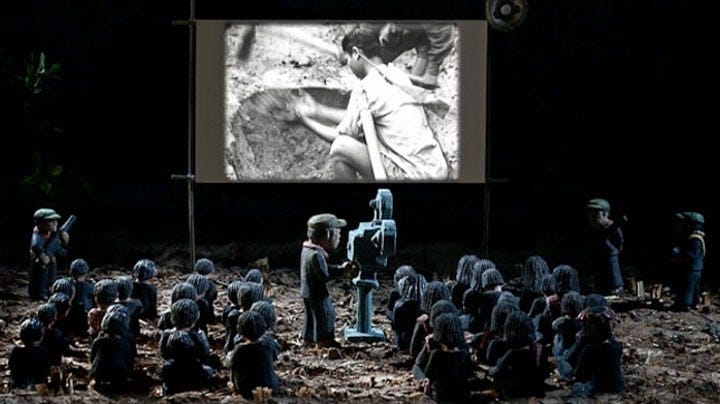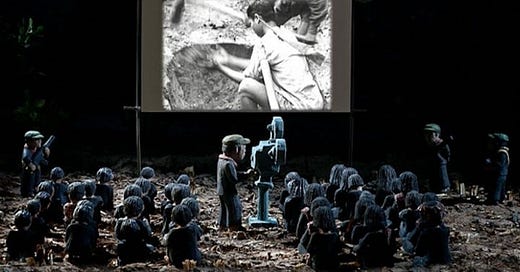‘The Missing Picture’ Review

This capsule review was originally published during the 51st New York Film Festival on October 8, 2013. We are reposting it because it opens in theaters today.
The Missing Picture, Cambodian filmmaker Rithy Panh’s new documentary, finds beauty and brilliance in the darkest of places. Panh, who grew up during the violent atrocities of the Khmer Rouge duri…
Keep reading with a 7-day free trial
Subscribe to Nonfics to keep reading this post and get 7 days of free access to the full post archives.



